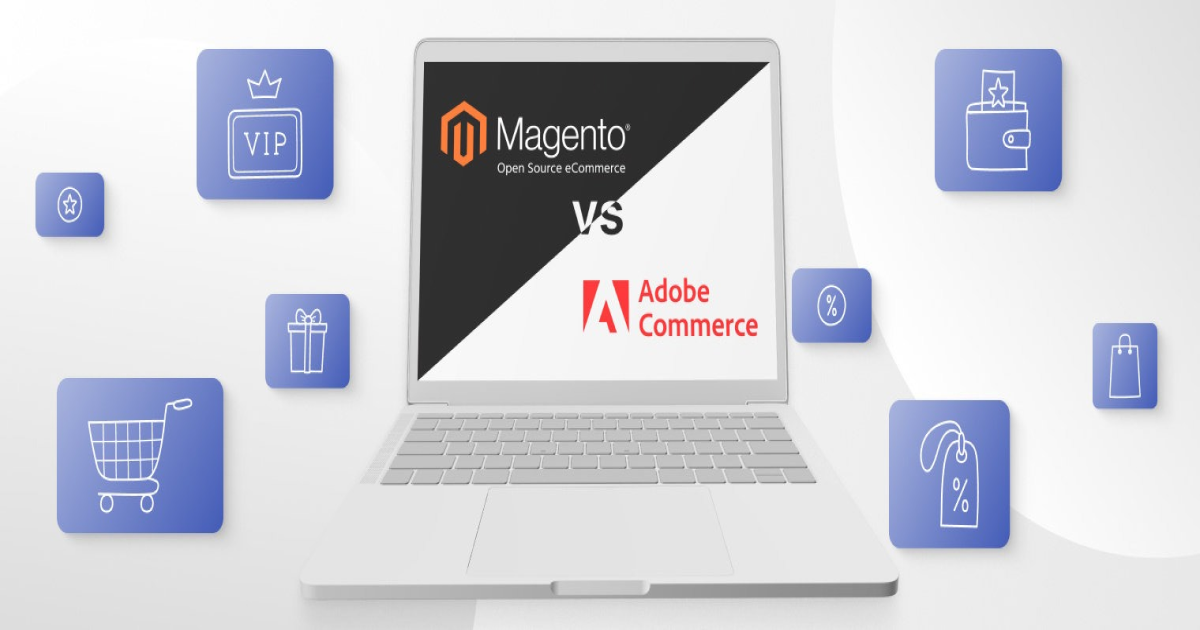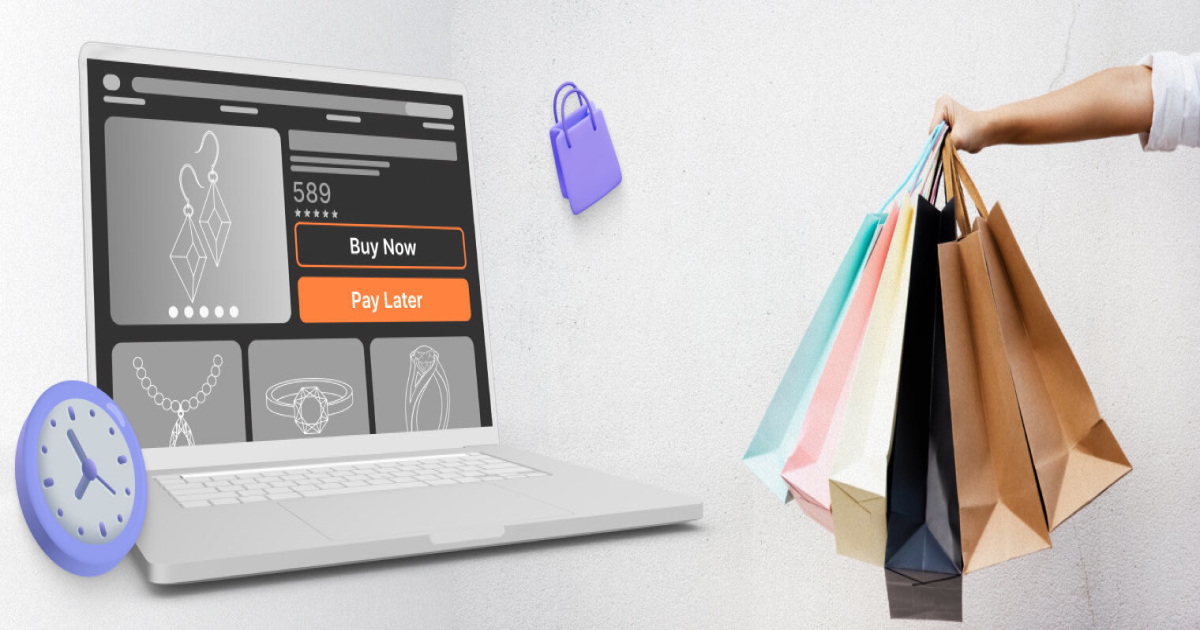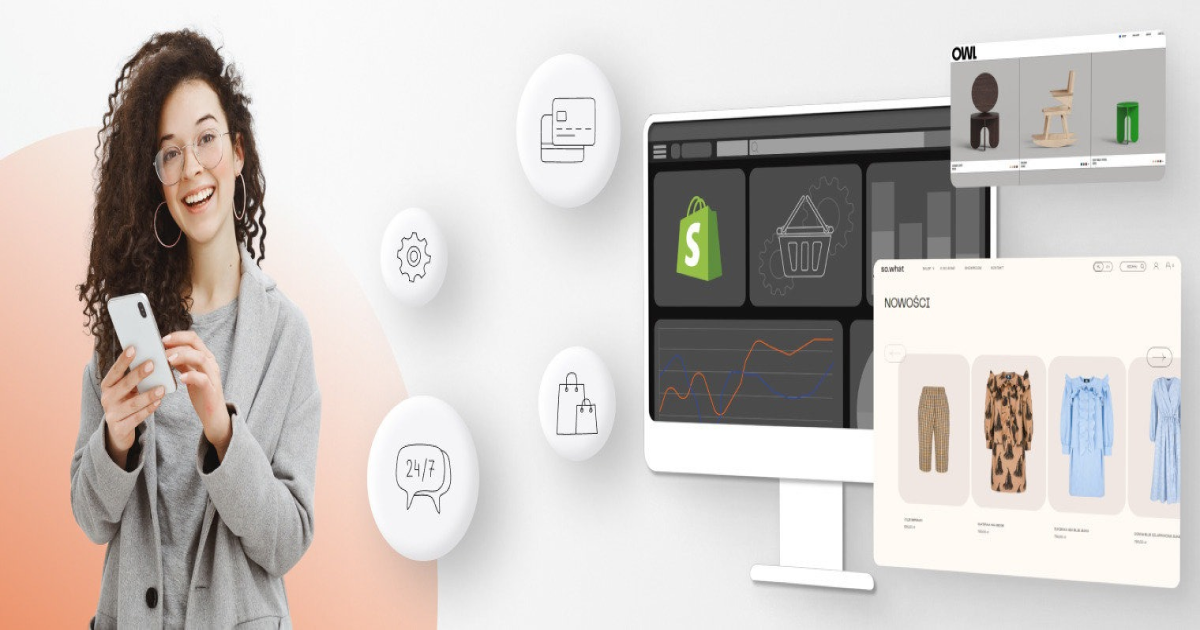The article was initially published in WebMeridian blog.
If you run a Shopware store, business processes must operate efficiently to keep customers happy and help the bottom line. To do this, online businesses rely on software systems to manage different vital aspects of their operations. One of these tools is what’s known as an Enterprise Resource Planning system.
ERP systems help enterprises manage everything from inventory and accounting to supply chain management and finance.
Shopware ERP integration refers to connecting the Shopware store to an ERP system to give it functions for managing inventory, orders, human resources, client relationships, etc. Often, it involves the development of custom software or middleware to connect the ERP system and eCommerce platform.
In this article, we dive into the best practices used to connect Shopware to ERP, its benefits, and the best connectors on the market.
Why Should You Do Ecommerce Website Integration With ERP?
ERP eCommerce integration significantly changes how your enterprise grows and succeeds. But unfortunately, as the business grows, so does its complexity, which may make it much harder to keep track of everything manually or with disparate tools.
That is where a Shopware ERP system comes in. Not only can it intuitively handle all the tasks of order pressing, data entry, inventory management, shipping, and so much more, it can be automated, eliminating missteps made by humans trying to do the same.
With an ERP integration service, the store owner gets real-time data about how the business operates, giving them a robust ground to make informed decisions guided by accurate insights. Integrating ERP helps boost client satisfaction and loyalty and increases retention and revenue.
To learn more, let us talk about the benefits of an eCommerce ERP system, shall we?
The Benefits Of Connecting Shopware To ERP Systems
There are numerous benefits to be had from integrating ERP with eCommerce:
1. Automation of Business Processes
Integrated ERP solutions can automate ordering, shipping, and inventory management, eliminating human errors in the chain and boosting efficiency.
For example, when an order is placed in your store, the ERP system automatically creates a purchase order, updates inventory levels, and generates shipping labels without human input. This reduces the workload and introduces speed and accuracy in order processing, resulting in faster delivery times and higher client satisfaction.
2. Accurate Inventory Management
One of the inherent benefits of ERP integration is that it significantly improves the business’s ability to maintain healthy inventory levels across all channels, including the warehouse, the physical store, or the eCommerce store.
It’s not just inventory management that you can perform, but also ensure that there is no overselling, inadequate stock, or other inventory-related problems.
ERP allows you to track inventory in real-time, get alerts to restock and order new stock automatically. With stock always on point, your clients get what they want faster, boosting their satisfaction and your business.
3. Real-Time Data Analytics
Among the benefits of ERP for eCommerce companies is real-time data and analytics availability. It allows enterprises to respond efficiently to market changes and customer needs and identify trends and patterns in client data and sales. These patterns give you insight into what your market expects, allowing you to meet the expectations efficiently.
For instance, you can analyze sales data across all channels, identify the bestselling products, and price them accordingly. It is also a great way to identify gaps to promote products, run sales, give discounts, etc. You also get insight into your clients’ preferences and behaviours to serve their needs better and improve retention.
4. Improved Customer Experience
As we have mentioned with the other benefits, ecommerce website integration with ERP often leads to a better customer experience. When they get preferred prices, faster delivery, updates on orders, and other benefits offered by ERP systems, it leads to more retention and, subsequently, higher revenue.
The best eCommerce ERP solution allows you to automatically offer promotions, ensuring customers always come back to check out your offers. So, if you want to have an improved relationship with your customers, start by understanding them better with the help of an ERP system.
5. Streamlined Financial and Accounting Processes
ERP systems allow enterprises to streamline accounting processes to automate tasks that include billing, invoicing, processing payments, and real-time tracking of expenses and revenue. For custom solutions, you get to choose what functions you would like (which we cover in our section on implementation below).
When a customer places an order, the ERP system automatically gives them an invoice, updates account balances, processes the payment and takes care of all checks and balances regarding finances. The ERP system also gives you visibility into all the finances to track revenue and expenses to maintain a healthy cash flow.
6. Better Supplier Management
Integrated ERP eCommerce manages suppliers more effectively, reducing the risk of stockouts, price fluctuations, and delivery delays. With the tools to track supplier performance, negotiate better prices and terms, and automate the ordering and payment process, a business reduces the risk of errors and disputes.
Additionally, you can receive real-time information about supplier inventory levels and lead times, helping you to come up with guided decisions about what to order, in what quantity, and when.
7. Enhanced Security and Compliance
Jurisdictions worldwide require businesses to operate according to the highest security and compliance standards. This ensures that customers and businesses are protected from data breaches, cyber threats, and legal violations.
Using ERP, you can implement protocols that include encryption, permissions control, two-factor authentication, and all updated security technologies while complying with regulatory requirements like PCI-DSS, CCPA, GDPR, and more.
8. Scalability and Flexibility
ERP is an excellent way for a business to scale and adapt efficiently to changes in the business, the overall market, or those caused by crises. Changing to meet your client demands is a great way for a venture to stay ahead and survive the passage of time or disrupt events.
With ERP, store owners can meet specific business needs related to the field, reports, and workflows, making the best choices to ensure continuity.
How To Connect Shopware To ERP Systems
How do you go about connecting your Shopware store to ERP systems? Let’s dive into ERP integration best practices to find out:
- Establish clear goals: Before you begin the integration process, you must establish clear goals for what you want to achieve. Do you want to automate inventory management? Streamline order processing? Enhance client experience? By clearly understanding your goals, you can select the right ERP and eCommerce sites and choose the appropriate integration tools and processes.
- Define specific business processes to integrate: Once you have established your goals, the next step is to define the enterprise processes that need to be integrated. For example, you can integrate shipping, inventory management, order processing, and accounting processes. Ensuring your ERP and Shopware sites can handle tasks and data fields is essential.
- Choose a third-party integrator: Several third-party integrators are available in the market that can help you seamlessly connect your ERP and eCommerce platforms. These integrators use APIs to ensure the integration process runs smoothly without manual data entry or errors. These tools, called ERP integration-platform-as-a-service (iPaaS), are available from vendors like MuleSoft, Boomi, and Jitterbit.
- Choose the appropriate level of security: When integrating an ERP system with your eCommerce store, it’s essential to ensure your business data is secure. Depending on your business demands, you may need to opt for a more secure integration method, such as a VPN or dedicated connection. You should also ensure that your integration platform and eCommerce site support the appropriate security protocols, like SSL/TLS encryption and two-factor authentication.
- Find a partner that offers support: Integrating an ERP system with your eCommerce store can be a complex process, so finding a partner that offers support throughout the integration process and beyond is pivotal. Look for top ERP system integrators that offer technical support, training, and ongoing maintenance and upgrades. Or find an eCommerce development partner with industry experience who will help you with your integration needs. One of the best ways to do this is by checking out reviews of experts before hiring them and using free consultations to find out what they know about what you want to do and how they can help.
- Test thoroughly before going live: Before launching your integrated ERP and eCommerce system, thoroughly test the system to ensure it works as expected. This includes testing data transfers, automated processes, and customizations or integrations. Test the system with various scenarios and use cases to ensure it can handle different volumes and data types.
With these steps, you too can connect your Shopware eCommerce store to an ERP system, smoothen operations and improve your enterprise efficiency in general.
Popular ERP To Shopware Connectors
To help you get started, let’s examine the popular options available to find a suitable Shopware connector for your ERP integration:
1. Alumio
Alumio is a middleware solution that offers pre-built connectors for integrating Shopware with various ERP systems, such as SAP, Microsoft Dynamics, and Oracle. Alumio’s integration platform enables users to automate business processes, synchronize data, and create custom workflows.
Alumio also offers real-time data processing and error handling, allowing users to monitor their integrations through a user-friendly dashboard.
Features
- User-friendly interface for creating custom integrations
- Supports multiple data formats (e.g., XML, JSON)
- Real-time synchronization between Shopware and ERP/CRM systems
- Built-in error handling and logging
- Pre-built connectors for popular ERP/CRM systems
Pricing: Alumio’s Shopware connector sells for $599 on Akeneo’s app store.
2. Any ERP Connector for Shopware 6
Any ERP Connector for Shopware 6 is a plugin enabling users to connect their Shopware store with any ERP system, including Oracle, SAP, and Microsoft Dynamics. The connector supports real-time data synchronization, multi-store integration, and automatic order creation in the ERP system.
It also allows users to customize their integration settings and map fields between their Shopware and ERP systems.
Features
- Flexible data mapping and transformation capabilities
- Supports both real-time and batch synchronization
- Automatic data validation and error handling
- Pre-built connectors for common ERP systems
- Integration with third-party APIs and web services
Pricing: At the time of writing, the price on the Shopware store for Any ERP Connector for Shopware 6 is set at € 299, with free updates and support for an annual subscription.
3. Odoo Multichannel Shopware Connector
The Odoo Shopware Connector is a plugin that allows users to integrate a Shopware store with Odoo, an all-in-one business software suite. The connector supports real-time product, order, and client data synchronization between Shopware and Odoo.
Besides, it enables users to manage multiple Shopware stores from a single Odoo instance and provides a range of features, such as inventory management, processing orders, and shipping management.
Features
- Multichannel capabilities for managing multiple sales channels
- Real-time synchronization of product info, orders, and customers
- Supports complex data mappings and transformations
- Automatic inventory management and order fulfillment
- Integration with third-party shipping providers
Pricing: Odoo’s Shopware Connector’s price is set at $253.85.
4. JTL Shopware Connector
The JTL connector for Shopware is a plugin that enables users to integrate a Shopware store with JTL-Wawi, an ERP and inventory management system.
The connector supports real-time product, order, and client data synchronization between Shopware and JTL-Wawi. It also offers stock management, order processing, and invoice generation features.
Features
- Automatic synchronization of product information, prices, and stock levels
- Real-time order management and fulfillment
- Flexible pricing and discount capabilities
- Automatic tax calculation and invoice generation
- Integration with popular payment providers
Pricing: The JTL Connector for Shopware is free on the Shopware store but does not come with support.
How Can WebMeridian Help?
For Shopware merchants, integrating ERP and eCommerce offers many advantages, from boosting efficiency and simplifying operations to enhancing client satisfaction. With the appropriate integration approach and meticulous planning, linking your eCommerce store to your ERP system can be effortless and rewarding.
At WebMeridian, a premier Shopware development firm, we have a team of accomplished developers and advisors specializing in eCommerce solutions, including ERP and eCommerce integration. Our team can guide you in finding the best integration strategy that suits your business needs and support you through the entire integration process.
If you want to take your Shopware store to the next level, streamline business processes, and achieve your eCommerce goals, look no further than WebMeridian. Contact us today, and let us help you succeed.





